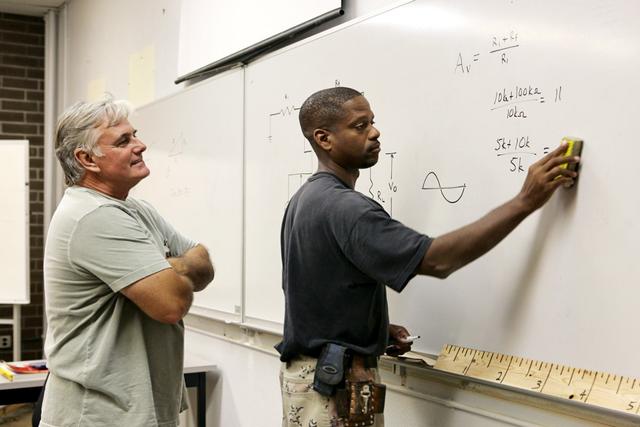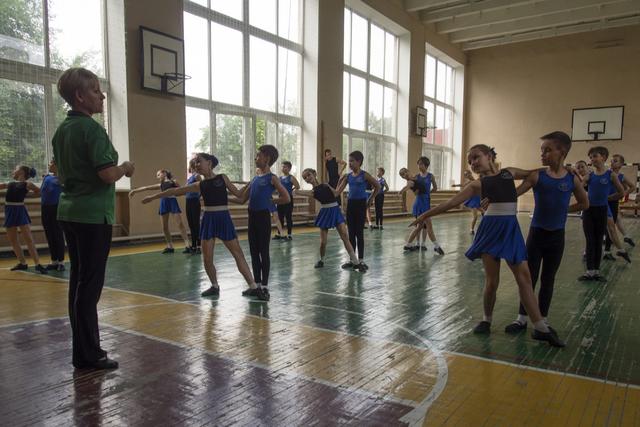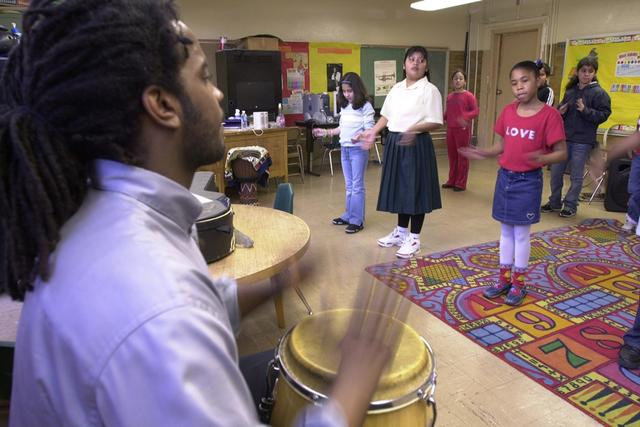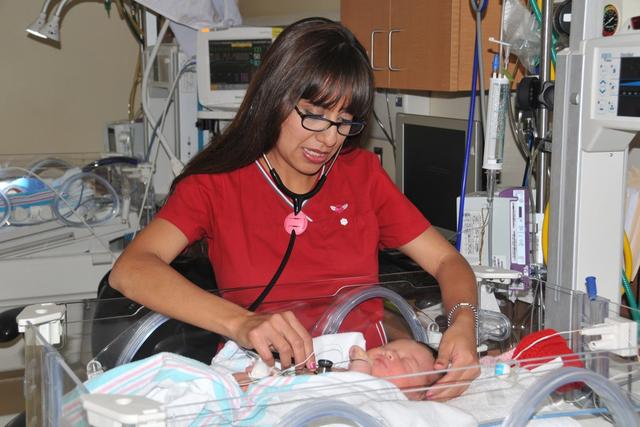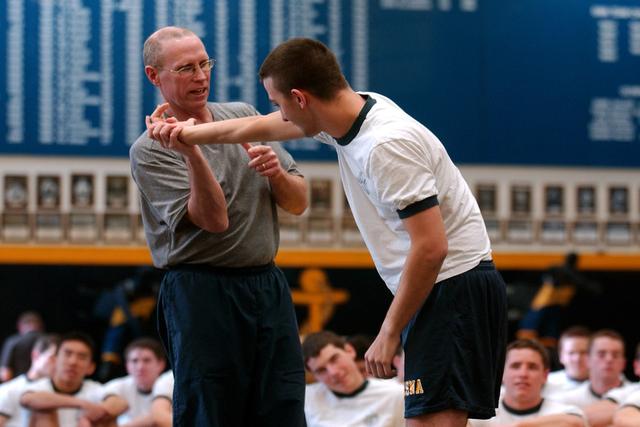Guidance Counselors
Overview
Introduction
Guidance counselors, often known as school counselors, provide a planned program of guidance services for all students, principally in junior and senior high schools. In addition to helping students plan for college and careers, guidance counselors listen to students problems, advise students, and help them develop coping skills and learn to become good problem solvers and decision makers on their own.
Although guidance counselors often meet with students individually, they may also work with groups, organizing sever...
Quick Facts
Median Salary
Employment Prospects
Minimum Education Level
Experience
Skills
Personality Traits
Earnings
Wages for guidance counselors vary by region of the country, school and district size, and age of the students. Larger districts typically offer higher salaries, and counselors working with high school students tend to earn more than counselors for younger grades. School and career counselors and advisors who worked in elementary and secondary schools (local) earned median annual salaries of $7...
Work Environment
Most guidance counselors have a private office in which to talk with students, parents, and faculty members. But they also work in other parts of the school, leading presentations, coordinating events, and speaking to classes of students. Counselors find it rewarding to help students through their problems, and to help them plan for their futures, but they also have the stress of guiding young ...
Outlook
The U.S. Department of Labor predicts that the employment of school counselors will increase by 4 percent through 2033, or as fast as the average for all careers. State legislation requiring counselors at the elementary school level, growing student populations, and increasing duties for counselors at all levels will ensure continued demand for workers in this field. Job growth may slow as a re...

